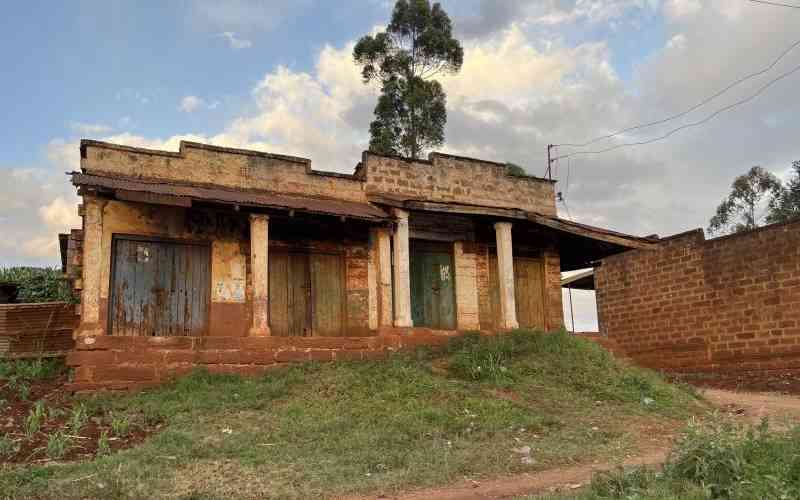×
The Standard e-Paper
Fearless, Trusted News

Komothai might not be a familiar place to most Kenyans. But Githunguri where the village is located is better known.
Komothai is about 50 kilometres from Nairobi as the crow flies. With lots of Napier grass, bananas, coffee, beans, nduma and ngwaci by river valleys, the place appears farther than 50km.